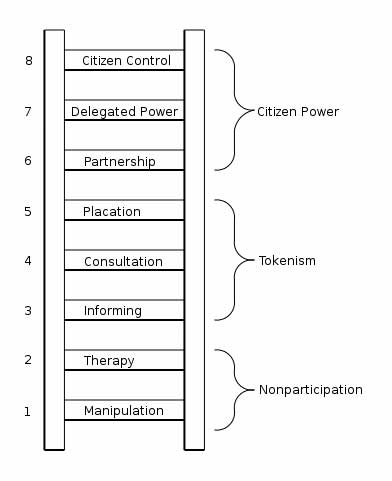In a recent filing (large PDF file) with the Surface Transportation Board (STB), which has yet to rule on the fate of the Kellar Branch rail line, the Illinois Prairie Railroad Foundation (IPRRF) claims the right-of-way can be shared by the rail line and the proposed Rock Island Trail extension:
We have done extensive investigation into the situation and do believe and can support the fact that the trail and rail line can share a joint right-of-way. Very little of the trail would have to be moved over a block or two along the way to accommodate it. The actual length of the rail line is 8.29 miles and the trail advocates want less than four miles of that.
Peoria Park District officials claim that running the trail next to the rail is too expensive because the right-of-way is too narrow. They say the trail has to be built to AASHTO (American Association of State Highway and Transportation Officials) standards, which require a 14-foot-wide paved trail, plus five feet of setback from the rail line. They further claim that avoiding narrow portions of the right-of-way by moving the trail to the street would make them ineligible for their grant money. The Illinois Bicycle Path Grant Program requires “land acquisition or trail development [be] along a single trail corridor” (emphasis in original) to be eligible for funding.
The IPRRF also says that plans are in the works to provide passenger service along the line:
We are also working with a number of groups in the area to use the Kellar Branch for a park-n-ride trolley for use as a tourist draw and also to provide commuter rail service if deemed feasible by the community. Along with its continuing use for rail freight service, the Kellar Branch right-of-way would provide three different functions.
This would be beneficial for all of Peoria and not just for a select few. It will increase economic development in the area and also assist in increasing the local tax base.
IPRRF’s filing reviews the other reasons for retaining service on the Kellar, including continued support of Carver Lumber, the ability to attract more business to Pioneer Park and Growth Cell Two, and the presence of a willing carrier and buyer/lessee (Pioneer Railcorp).
My take: If the trail is too expensive to build next to the rail line then it shouldn’t be built at all. IPRRF and others have made a compelling case for keeping rail service along the line. Greater economic benefit can come from running freight over the right-of-way and attracting new business with good-paying jobs than making it a running/biking path that would very likely cost 50 jobs.
Conventional wisdom propounded by the newspaper is that we need this linear park because the gap in the Toulon-to-Morton trail is “embarrassing.” But that supposed “need” is completely contrived. The Peoria Park District currently holds approximately 9,000 acreas of parkland — that’s more land the entire Heart of Peoria area! They also have no shortage of fitness facilities (anyone remember the RiverPlex?). They either need to figure out a different way to connect the Rock Island and Pimiteoui trails or give it up. We’ve wasted too much time and opporunity for growth already.


 From a
From a